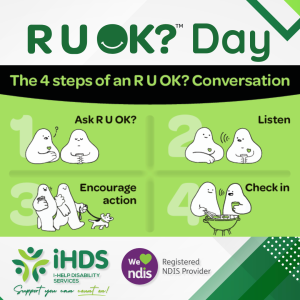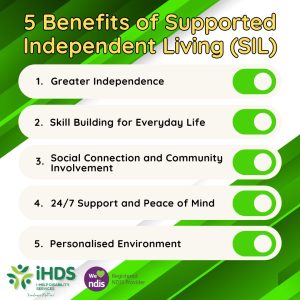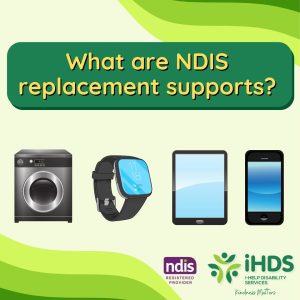Which medical conditions are likely to meet eligibility for NDIS funding?
The NDIA has categorised medical conditions into two lists which are likely to meet eligibility for NDIS funding. There are List A medical conditions which are by nature considered to cause permanent impairment and disability reducing functional capacity and List B medical conditions which the severity of impairment is variable, thus the level of impairment will need to be demonstrated. List A medical conditions include:
- Intellectual disability
- Autism
- Cerebral palsy
- Genetic conditions
- Spinal cord injury
- Brain injury
- Permanent blindness
- Permanent bilateral hearing loss
- Deafblindness
See the entire list including all details here:
List B medical conditions include:
- Conditions primarily resulting in Intellectual/ learning impairment
- Chromosomal abnormalities resulting in permanent impairment and not specified on List A
- Conditions primarily resulting in Neurological impairment
- Systemic atrophies primarily affecting the central nervous system
- Extrapyramidal and movement disorders
- Other degenerative diseases of the nervous system
- Demyelinating diseases of the central nervous system
- Episodic and paroxysmal disorders
- Polyneuropathies and other disorders of the peripheral nervous system
- Other disorders of the nervous system
- Conditions resulting in Physical impairment
- Diseases of myoneural junction and muscle
- Cerebral palsy and other paralytic syndromes not meeting severity criteria on List A
- Conditions resulting in Sensory and/or Speech impairment
- Disorders of the choroid and retina where permanent blindness diagnostic and severity criteria on List A are not met
- Disorders resulting in hearing loss
- Conditions resulting in multiple types of impairment
- Congenital conditions – cases where malformations cannot be corrected by surgery or other treatment and result in permanent impairment but with variable severity
See the entire list including all details here:
What medical conditions are not covered by NDIS funding?
The NDIS does not provide funding for non-ongoing conditions such as lower limb fracture, as the condition is likely to resolve.
Psychosocial disability may arise from mental health conditions. Mental health conditions that result in severe effects and social disadvantage can be considered a psychosocial disability. The NDIS is likely to provide funding to people with significant permanent psychosocial disabilities.
For detailed guidance on mental health and the NDIS here:






